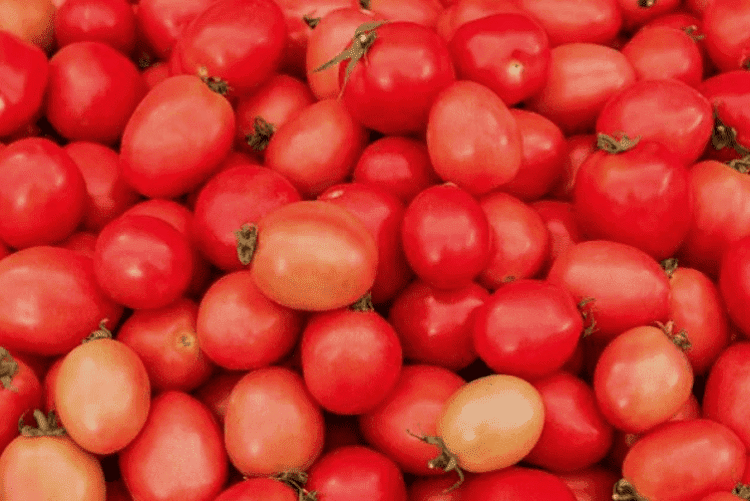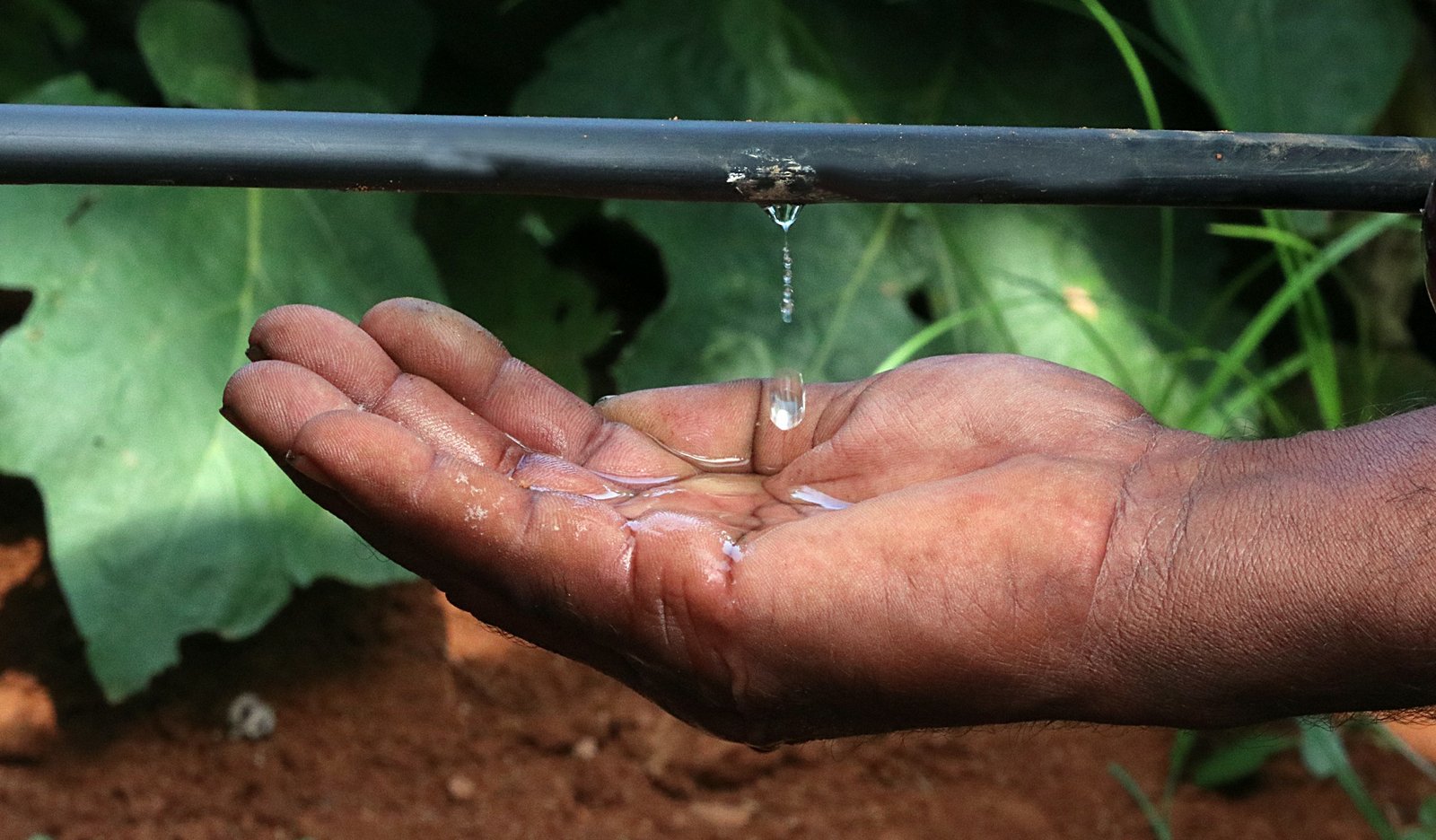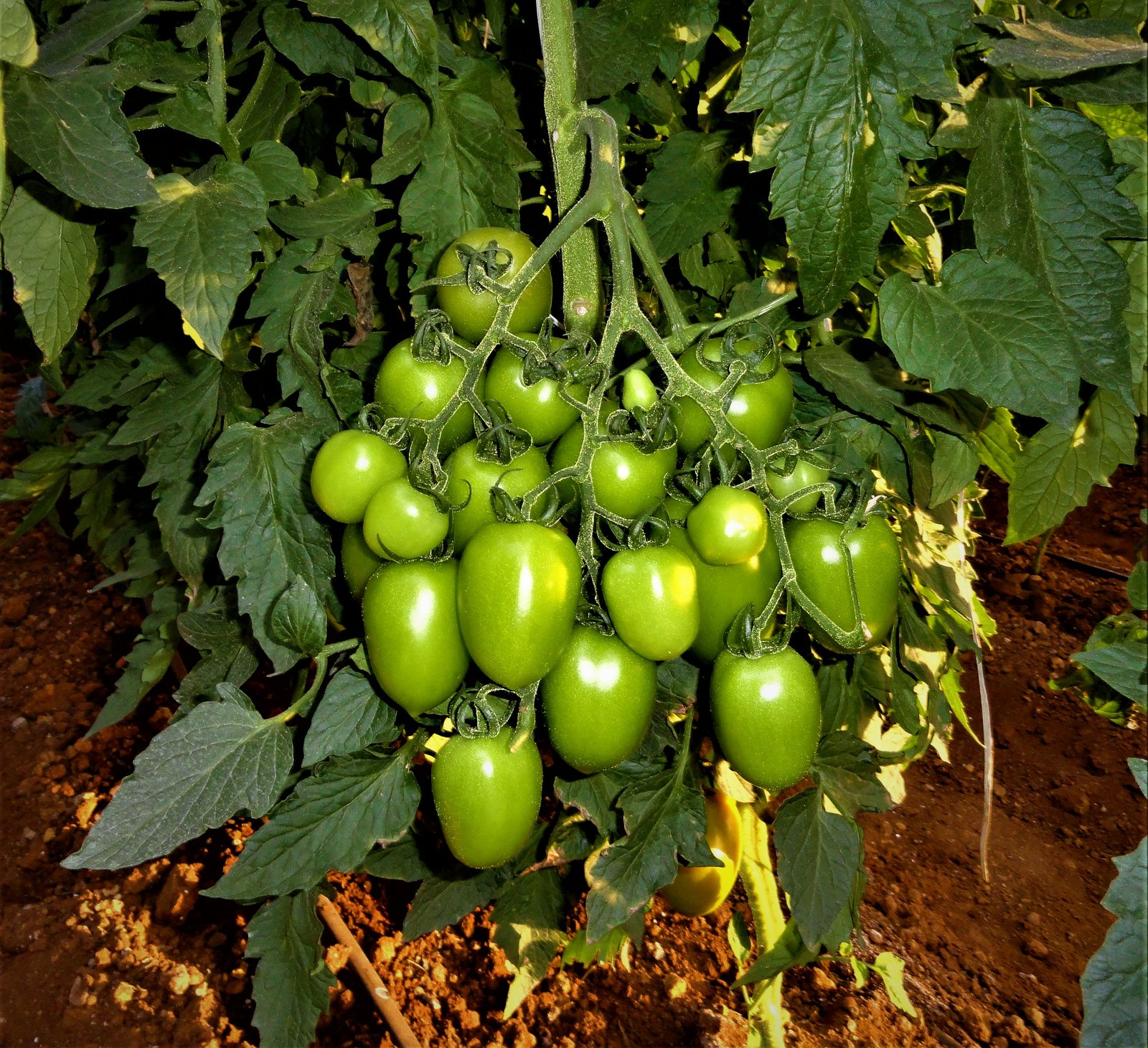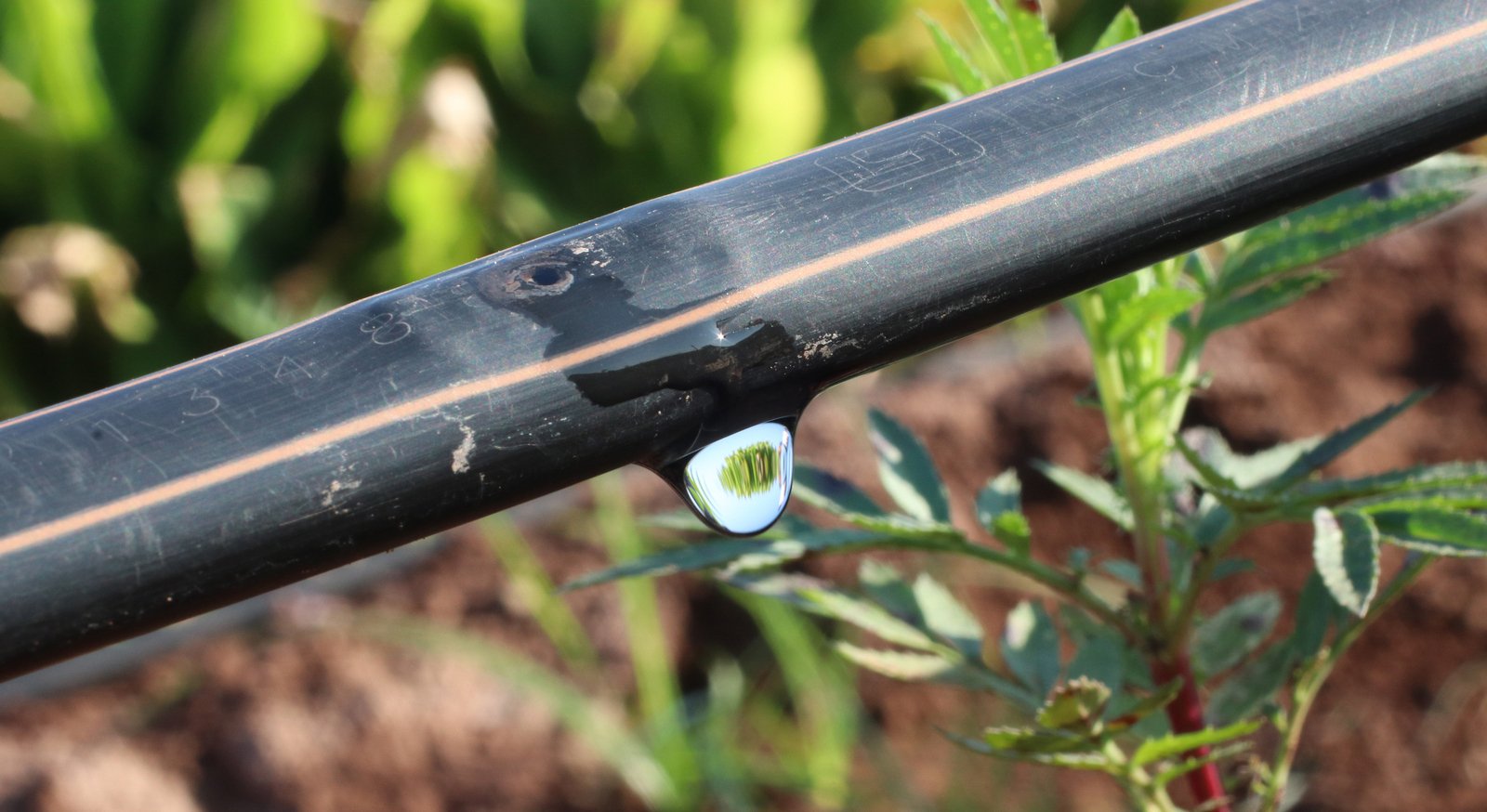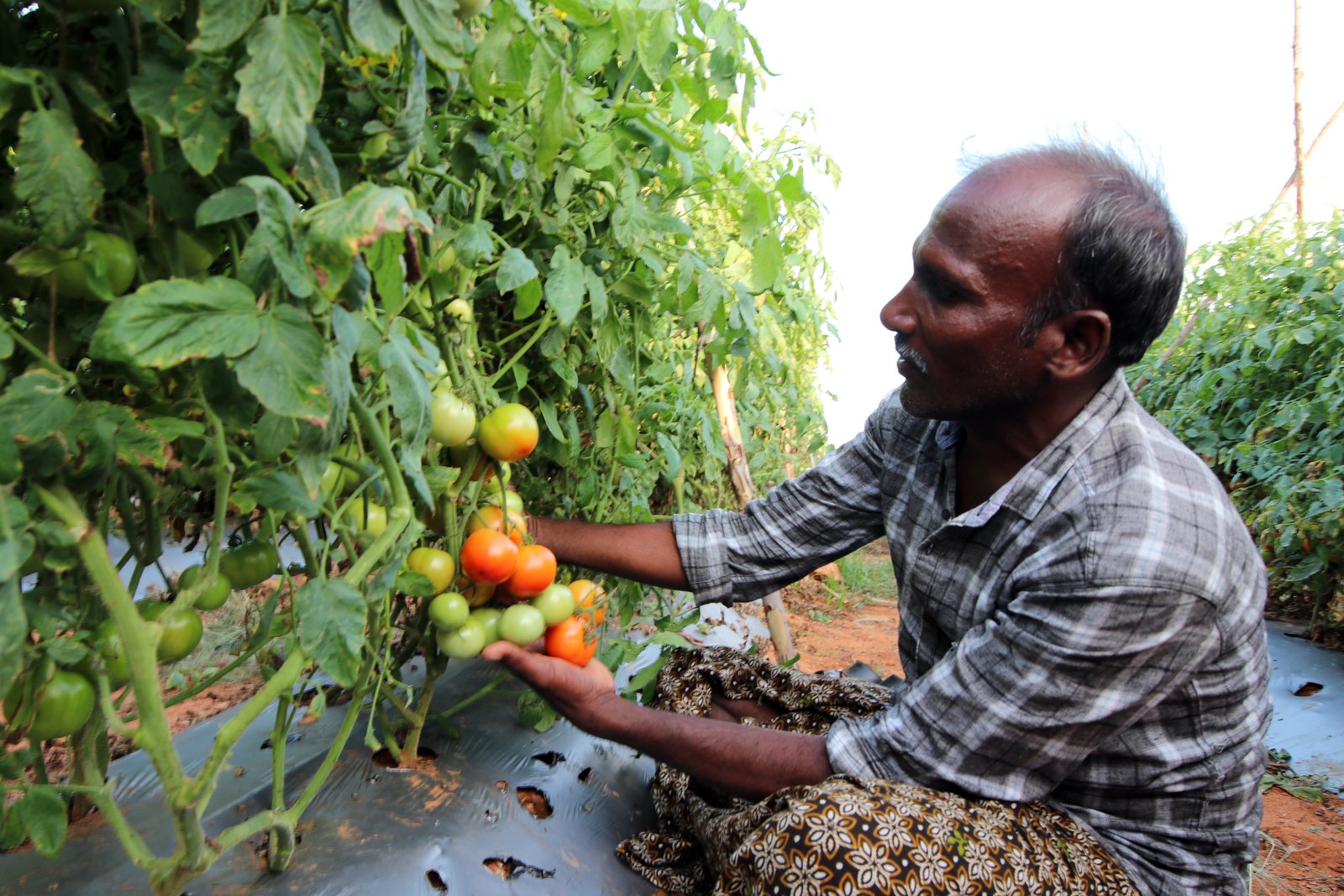MEET DEMAND WITH BETTER TOMATOES
Tomato, owing to its nutritional value, taste and visual appeal, has been a popular part of Indian cuisine. However, retaining the quality of the tomato yield is quite a challenge, as it requires expert water management techniques, and also because it poses an immediate and important impact on the Brix level
